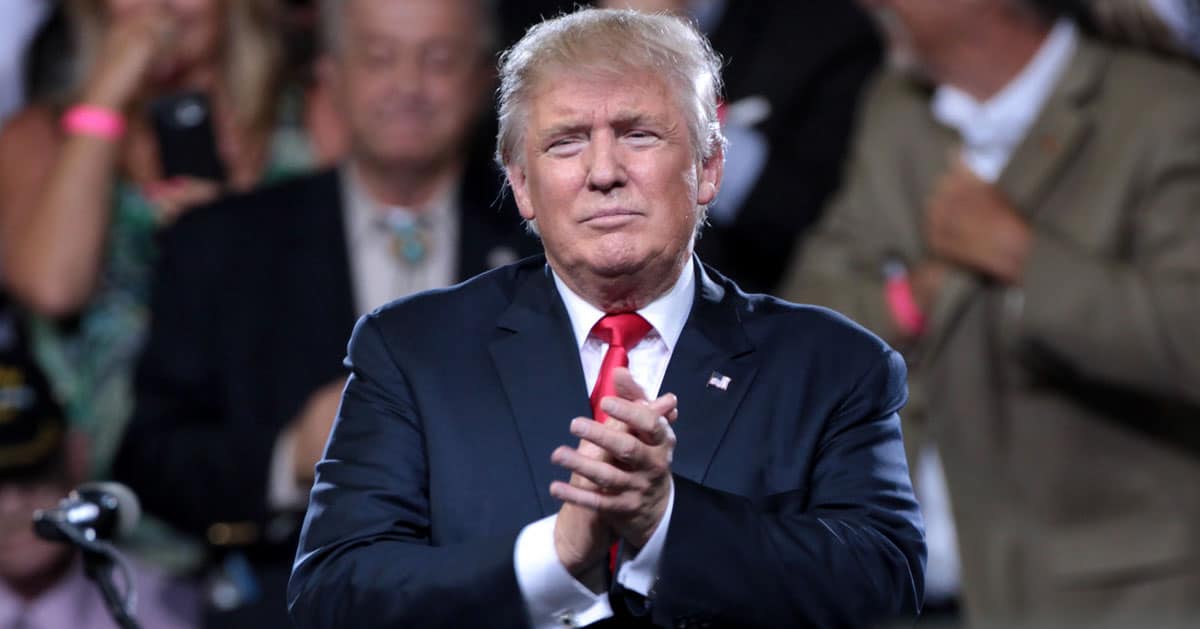


Texas just dropped a bombshell that’s got election integrity hawks buzzing with vindication.
Through a meticulous cross-check with a federal database, the state has flagged 2,724 possible noncitizens on its voter rolls, sparking a massive eligibility review across all 254 counties under the watchful eye of Secretary of State Jane Nelson.
This all kicked off when Texas decided to run its 18 million registered voters through the U.S. Citizenship and Immigration Services’ Systematic Alien Verification for Entitlements (SAVE) database. It’s a tool that’s long been needed, and now it’s shining a light on potential cracks in the system. Leave it to bureaucracy to finally catch up with common sense.
After the SAVE database cross-check, those 2,724 questionable registrations were handed over to local counties for a deeper dive. Harris County led the pack with 362 flagged voters, followed by Dallas County at 277, Bexar County at 201, and El Paso County at 165. Smaller counties like Andrews and Llano reported fewer than 10 each, proving this isn’t just a big-city issue.
Under Chapter 16 of the Texas Election Code, counties are now required to verify each voter’s eligibility and scrub confirmed noncitizens from the rolls. Flagged individuals will get a notice from their county registrar, giving them 30 days to prove their U.S. citizenship. Miss that deadline, and their registration gets canceled—though they can reapply with proper documentation.
Secretary of State Jane Nelson didn’t mince words on the stakes here: “Only eligible United States citizens may participate in our elections.” That’s a principle as old as the Republic, yet somehow it’s become a radical stance in today’s upside-down world. When did protecting the ballot box become controversial?
For those noncitizens who may have cast votes in past Texas elections, the consequences could be severe. Their cases will be referred to the attorney general’s office for investigation and possible prosecution. This isn’t just a slap on the wrist—it’s a clear message that playing fast and loose with the law won’t be tolerated.
Gov. Greg Abbott has been a driving force behind these efforts, pointing out that over 1 million ineligible or outdated registrations have been purged since he signed Senate Bill 1 into law in September 2021. “Illegal voting in Texas will never be tolerated,” Abbott declared, doubling down on the state’s commitment to safeguarding the sacred right to vote. In an era of endless excuses for lax rules, that’s a refreshing line in the sand.
Every one of Texas’s 254 counties has started sending out verification notices this week, kicking off the 30-day review process. It’s a monumental task, but one that’s critical to maintaining trust in the system. If you can’t trust the voter rolls, what can you trust?
Texas isn’t stopping with this one-time sweep—election reviews will continue with regular checks against federal databases. It’s a proactive stance that acknowledges the problem isn’t a one-and-done deal. With millions of voters to monitor, vigilance is the name of the game.
The partnership with the federal government has been key, especially with access to datasets like SAVE that weren’t always available. It’s a rare win for cooperation in a time when Washington often seems more interested in obstructing than assisting. Perhaps there’s hope for sanity yet.
But let’s not kid ourselves—there’s pushback on the horizon from those who cry foul at any attempt to secure elections. They’ll likely frame this as voter suppression, ignoring the simple truth that only citizens should vote. It’s a tired playbook, but one that muddies the waters nonetheless.
The breakdown of flagged voters by county paints a stark picture of where the issues are most concentrated. Harris, Dallas, Bexar, and El Paso account for a significant chunk, but even rural areas aren’t immune. This isn’t a partisan witch hunt—it’s a statewide reckoning.
For Texans, this is about more than just numbers on a spreadsheet—it’s about ensuring that every legal vote counts and isn’t diluted by fraud. The state’s commitment to periodic reviews and strict enforcement is a model for others to follow. If Texas can tackle this head-on, why can’t everyone?
At the end of the day, this story is a reminder that election integrity isn’t a buzzword—it’s a necessity. Texas is taking the lead, refusing to bow to progressive agendas that prioritize optics over substance. Here’s hoping this sparks a broader push to protect the ballot box nationwide.



